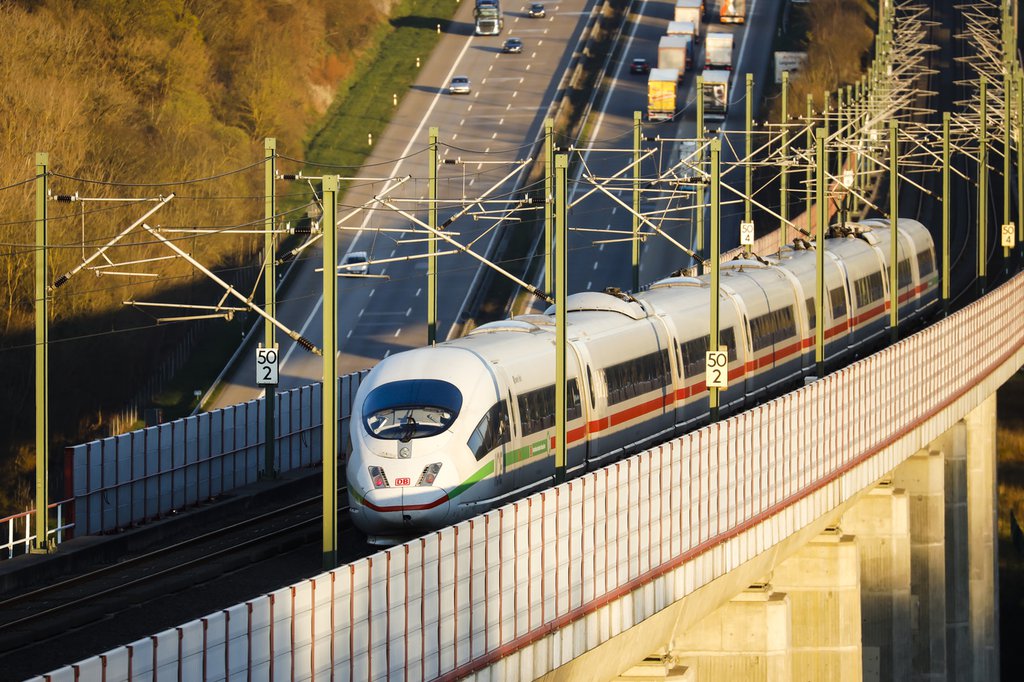Few journeys, but plenty of kilometres: nearly half of Germany’s transport is used for long-distance travel. As a result, this behaviour is difficult to change for the benefit of the environment, as highlighted by a study conducted on behalf of the German Environment Agency (UBA) by a consortium including INFRAS.

Long-distance passenger transport in Germany needs to become more climate-friendly, as encouraged by the 'German Government’s Climate Action Programme 2020’. However, compared with everyday traffic, the data available regarding long-distance traffic (100 kilometres or more) is sparse. This also makes it difficult to formulate targeted measures and instigate political changes. The DLR/KIT/KANTAR/INFRAS consortium has been able to close some of these gaps with the report it prepared for the German Environment Agency.
Cars come out top even for longer distances
The study shows that around 46% of Germany’s transport is used for long-distance travel. And this is despite the fact that long-distance mobility makes up less than 2% of the total volume of traffic – with the vast majority of all journeys being completed as part of everyday travel. This data reflects the state of affairs before the Covid-19 pandemic, and confirms the picture that emerged from an INFRAS study completed in 2014.
Compared with Switzerland, it is clear that although the train would be competitive for long-distance travel, the car is still the primary choice in Germany, even for longer distances of more than 1000 kilometres.
Travellers reluctant to change their behaviour
The report also provides an insight into the behaviour of long-distance travellers. The availability and reliability of the means of transport are the key factors in the transport choice, rather than price. Environmental impact plays a lesser role in the choice of means of transport, although there is a fundamental awareness of the issue. Overall, it appears that behavioural change in relation to long-distance travel is relatively sluggish.
Pioneering work using a data model
The information about travel behaviour comes from a survey completed for the study. In addition, a newly developed data model provided broader knowledge about the routes taken and transport performance. INFRAS project manager Roman Frick: «The consortium was able to undertake pioneering work in this area thanks to the ability to perform integral evaluations of everyday and long-distance mobility, broken down by the characteristics of different groups of people».
Based on its findings, the study proposes some options for action in Germany that could be used to sustainably affect long-distance mobility in passenger transport, along with an assessment of how large this effect would be.

